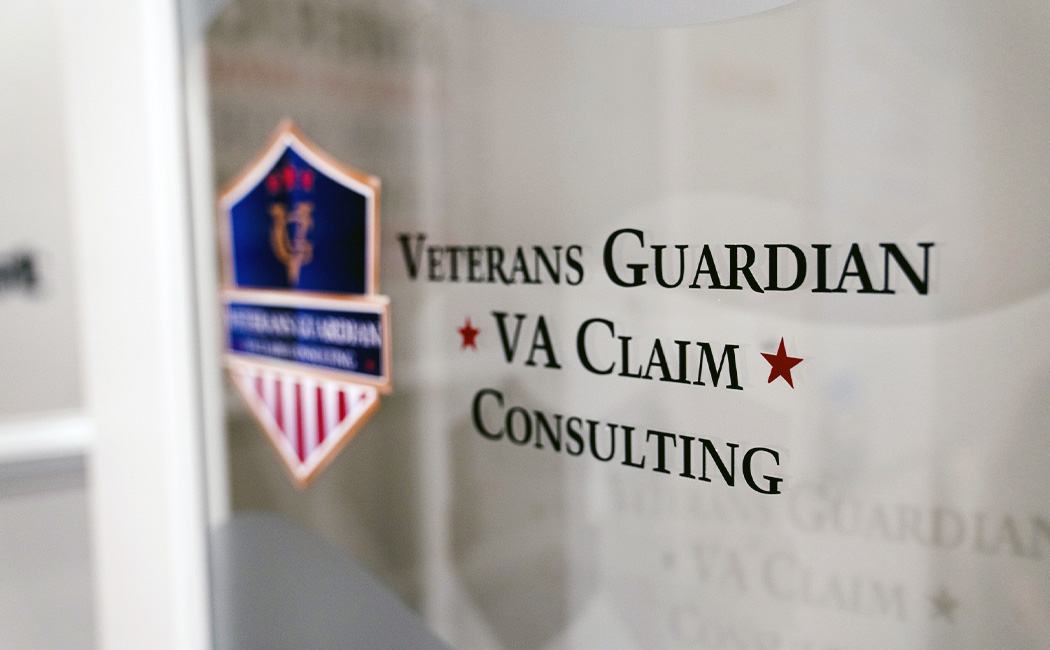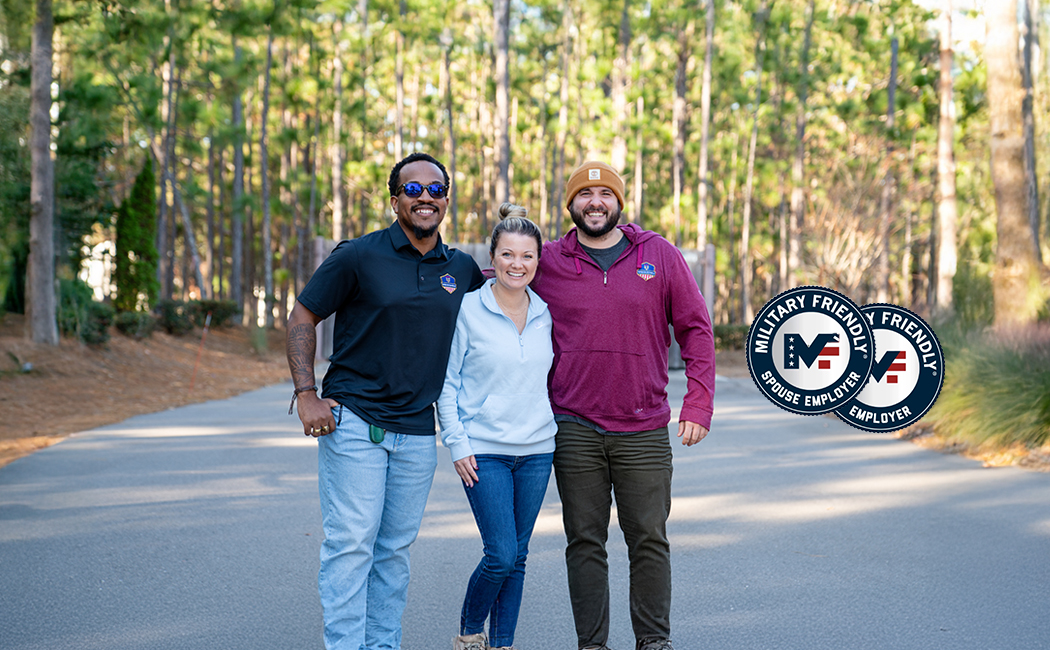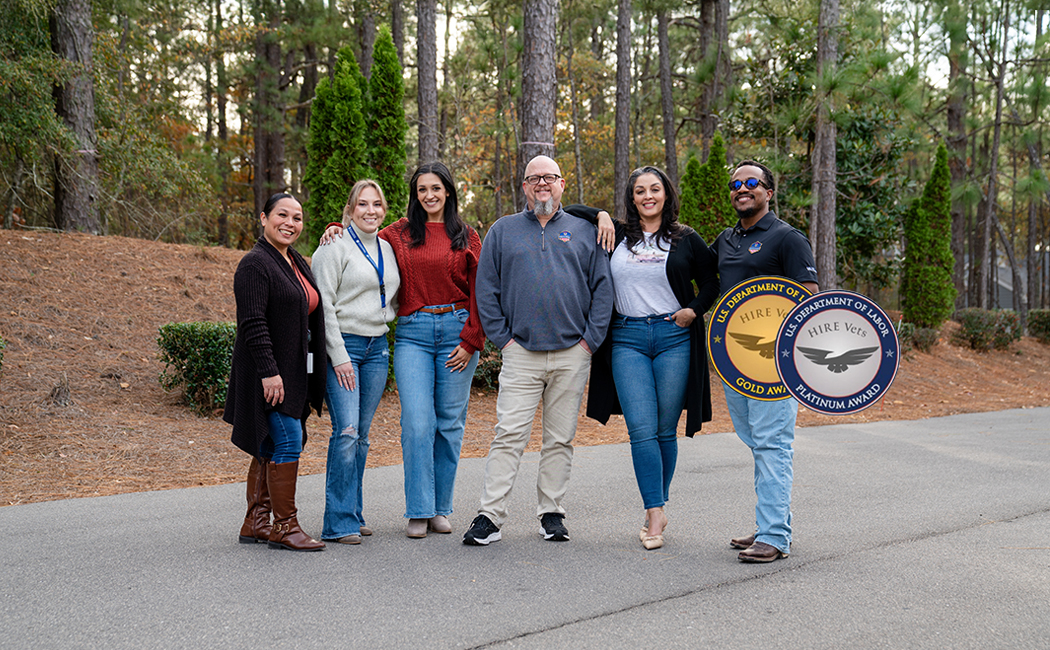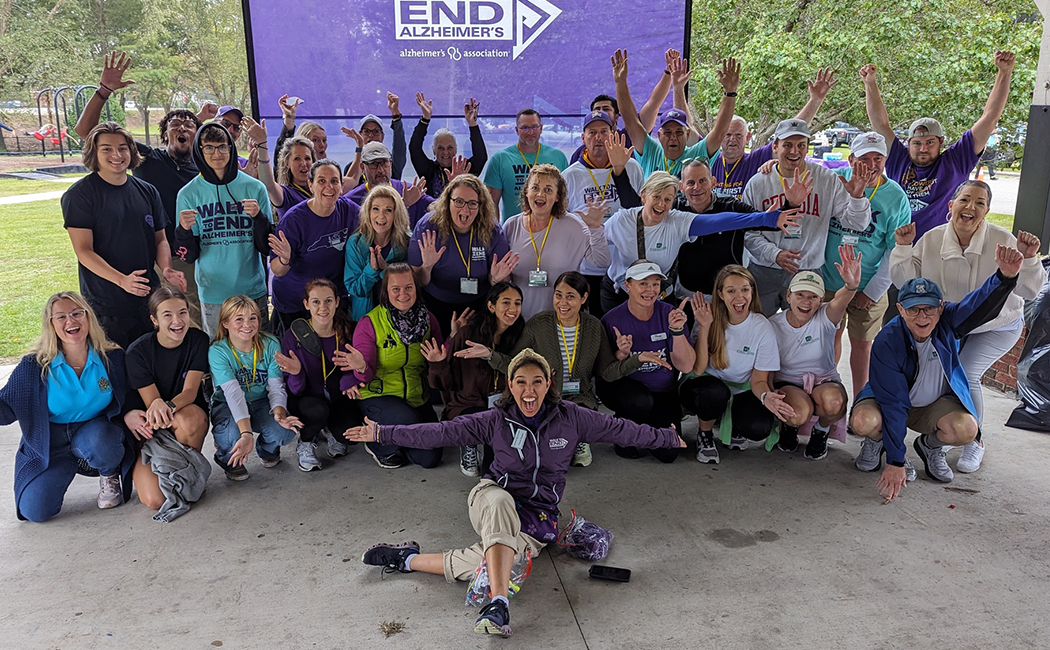The Benefits of Continuing Education for Veterans
For many Veterans, transitioning from military service to civilian life presents a range of challenges. One of the most effective ways to ease this transition and build a bright
future is through continuing education. Whether it’s acquiring new skills, expanding
existing knowledge, or pursuing a personal passion, education offers Veterans
opportunities for growth, stability, and personal fulfillment. In this guide, we’ll explore the benefits of lifelong learning and outline the many education benefits available to
Veterans, empowering you to take the next step toward a rewarding future.
Why Continuing Education is Important for Veterans
Education is a powerful tool for Veterans. After leaving the service, many Veterans find
themselves considering a career change or wanting to build on the skills they developed during their time in the military. Engaging in lifelong learning can help with this transition in several ways:
1. Career Advancement
The civilian workforce is competitive, and many industries require advanced skills or
certifications. Continuing your education can provide Veterans with the training they
need to qualify for higher-paying jobs or advance within their current career field. For
instance, if you served in logistics, pursuing a degree in supply chain management
could open doors to management-level positions. Similarly, Veterans who worked in
healthcare during their service can enhance their qualifications by studying nursing or
other specialized fields.
Employers value the discipline and work ethic Veterans bring to the workplace, but
having the right educational credentials can solidify your standing as a top candidate.
2. New Career Opportunities
Some Veterans may want to explore entirely new career paths. Continuing education
offers the flexibility to pursue fields unrelated to your military experience. Whether
you’re interested in IT, teaching, business, or even entrepreneurship, education allows
Veterans to gain the necessary qualifications to transition into a new career.
For instance, coding bootcamps and certificate programs are excellent options for
Veterans looking to quickly enter tech fields without needing to commit to a multi-year
degree program.
3. Personal Fulfillment
Lifelong learning isn’t just about career development; it’s also about personal growth.
Many Veterans find that continuing education provides them with a renewed sense of
purpose and a platform for self-discovery. Whether it’s learning a new language, diving into the arts, or studying history, pursuing education allows Veterans to explore interests and develop new passions, enriching their post-military life.
Accessing Education Benefits for Veterans
The U.S. Department of Veterans Affairs (VA) and other organizations offer a wide
range of educational benefits specifically designed to help Veterans further their
education. Here’s an overview of some of the key benefits Veterans can access:
1. Post-9/11 GI Bill®
One of the most well-known education benefits available to Veterans is the Post-9/11
GI Bill. This program provides financial assistance for tuition, housing, books, and
supplies. Veterans can use this benefit at various institutions, including colleges,
universities, trade schools, and online programs. Additionally, the GI Bill covers non-
degree programs, which can be particularly useful for Veterans seeking short-term
training or certifications.
- Tuition and Fees: Covers full tuition for public schools and a substantial portion
of tuition at private institutions. - Housing Allowance: Provides a monthly housing stipend based on the location
of the school. - Books and Supplies: Offers up to $1,000 annually for books and supplies.
Veterans can learn more about how to access this benefit on the VA’s GI Bill page.
2. Montgomery GI Bill®
The Montgomery GI Bill is another option that provides Veterans with education
benefits. Unlike the Post-9/11 GI Bill, which is more comprehensive, the Montgomery GI Bill focuses on offering monthly stipends that can be used for degree programs,
vocational training, flight training, and other educational endeavors. Veterans can
receive up to 36 months of benefits, and the payments depend on the length of service and enrollment status.
- Learn more about the Montgomery GI Bill benefits and eligibility here:
Montgomery GI Bill Benefits.
3. Veterans Readiness and Employment (VR&E)
For Veterans with service-connected disabilities, the Veterans Readiness and
Employment (VR&E) program provides counseling, training, and education benefits. The goal of VR&E is to help Veterans with disabilities find and maintain suitable
employment. It offers services such as vocational counseling, resume development, job-seeking skills, and job accommodations.
VR&E also covers educational and training programs if it is determined that further
education is required to secure employment. Veterans can access these services at any point after leaving the military, and eligibility is determined on a case-by-case basis.
4. Tuition Assistance for Active-Duty Service Members
For active-duty service members considering education while still serving, the Tuition
Assistance (TA) program offers financial aid for post-secondary education. The
program provides up to 100% tuition coverage for courses taken during active duty,
covering both traditional degree programs and certifications.
- Learn more about the Tuition Assistance program here: Military Tuition
Assistance.
5. Scholarships and Grants
In addition to federal benefits, many private organizations offer scholarships and
grants exclusively for Veterans and their families. These awards can help supplement
GI Bill benefits or provide support for Veterans who may not be eligible for federal
programs. Some notable organizations include:
Veterans interested in finding scholarships can use resources like Scholarships.com to search for opportunities.
Overcoming Challenges in Continuing Education
While continuing education offers many benefits, some Veterans may face obstacles
such as adjusting to civilian academic environments or dealing with financial concerns. Fortunately, there are resources available to help Veterans overcome these challenges.
1. Veteran-Specific Support Programs
Many educational institutions have Veteran-specific support offices designed to
assist with everything from navigating benefits to providing counseling services. Schools like the University of Southern California and Syracuse University are known for their strong Veteran support programs. Before enrolling, look for schools that offer Veteran-friendly services such as:
- Veteran transition programs
- Mental health counseling
- Tutoring and academic support
2. Flexible Learning Options
Veterans often balance multiple responsibilities, including work and family life, making it challenging to commit to traditional on-campus classes. Fortunately, the rise of online education and hybrid learning programs offers greater flexibility. Whether through community colleges, trade schools, or large universities, many institutions offer online degree programs that can be completed on your schedule.
Programs such as Coursera and edX also provide Veterans access to a wide range of online courses from top universities at little to no cost.
Final Thoughts
Continuing education is a powerful tool for Veterans, offering opportunities for career
advancement, personal growth, and a smoother transition to civilian life. With access to Veterans education benefits like the Post-9/11 GI Bill and Veterans Readiness and Employment, there’s never been a better time to invest in your future through
education. Whether you’re looking to enhance your current skills or embark on a
completely new career path, education can unlock doors to new possibilities.











